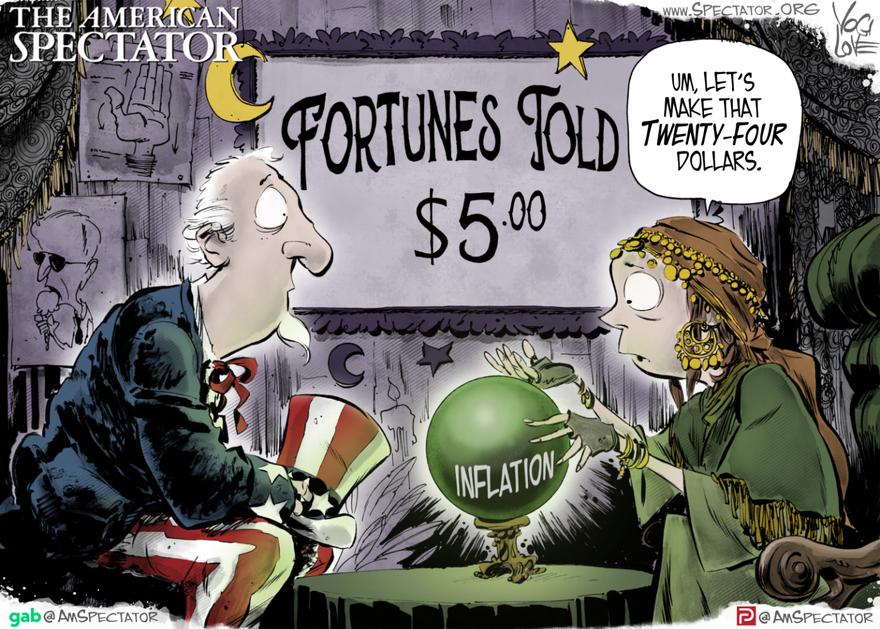Unraveling the Inflation Crisis of 2023

Inflation, a sustained increase in the general price level of goods and services, is a complex economic phenomenon that can have far-reaching consequences. As we delve into the year 2023, it is evident that inflation has become a significant concern worldwide. This blog aims to explore the reasons behind the escalating inflationary pressures and shed light on the economic challenges faced by nations around the globe.
- Pandemic Fallout:
The COVID-19 pandemic, which emerged in 2019, has left a lasting impact on the global economy. Governments implemented stringent measures such as lockdowns and travel restrictions, leading to disruptions in supply chains and reduced economic activity. Central banks responded by injecting massive amounts of liquidity into the financial system to prevent a collapse. While these measures initially aimed to stabilize the economy, they inadvertently set the stage for a potential inflationary crisis. - Unprecedented Monetary Stimulus:
To counter the economic fallout from the pandemic, governments and central banks undertook historic levels of monetary stimulus. They slashed interest rates, implemented quantitative easing programs, and provided fiscal stimulus packages. While these measures helped cushion the immediate impact of the crisis, they created an excess supply of money in the system. When combined with pent-up consumer demand, this flood of money began to fuel inflationary pressures. - Supply Chain Disruptions:
The pandemic-induced disruptions in global supply chains have been a significant contributing factor to the rise in inflation. Restrictions on international trade, labor shortages, and disruptions in production and transportation have led to supply shortages across various sectors. The mismatch between demand and supply has caused prices to surge, amplifying inflationary pressures. - Rising Commodity Prices:
Commodities play a crucial role in the global economy, and their prices have experienced significant volatility in recent years. In 2023, commodities such as oil, copper, and lumber have witnessed substantial price increases due to supply chain disruptions, geopolitical tensions, and increased demand. These soaring commodity prices have a cascading effect on various industries, leading to higher production costs and, ultimately, inflationary pressures. - Labor Market Challenges:
The labor market has also experienced significant disruptions during the pandemic. Many individuals lost their jobs or faced reduced working hours, leading to wage stagnation. However, as economies reopen and demand recovers, there is a surge in labor demand. The resulting labor shortages and wage pressure have contributed to higher production costs, which are passed on to consumers through increased prices. - Government Debt Burden:
The massive fiscal stimulus packages implemented by governments to combat the pandemic have come at a cost. Governments have incurred substantial levels of debt, leading to concerns about their ability to repay it. In response, central banks may be hesitant to raise interest rates, as higher borrowing costs could further strain governments' debt obligations. This reluctance to tighten monetary policy can fuel inflationary expectations, exacerbating the inflation problem.
To give this all some context of exactly how that is affecting day to day life in the USA:
- Median Mortgage Payment: $2800
- Median Rent Price: $1,850
It now costs nearly $1,000/month more to buy a house than to rent.
Meanwhile, the average new car payment is now at $750 per month.
The average interest rate on a used car loan just hit a record 14%
All while credit card debt is set to cross $1 trillion for the first time ever with record interest rates of 25%
Basic necessities are becoming unaffordable for Americans and the same is happening across globe. People having to choose between heating and eating is a travesty. There are now more food banks in the UK than McDonalds.
These soaring inflation rates is seeing the world struggling with this challenging economic landscape. A perfect storm for inflation has been created and now policymakers face the delicate task of balancing economic recovery with the need to control inflationary pressures. It remains to be seen how nations will navigate these troubled waters and what strategies will be implemented to combat and mitigate the adverse effects of inflation in the coming years.
Each of us need to do have the awareness and realisation that we're on our own if we want to create any financial independence. If that is your desire then education is key so we can apply new income producing strategies from assets to protect ourselves.
At DBM Academy, we’ve got you covered.
We have a basic free subscription or starting at just $10 per month - equal to approximately 2 coffees!
Sign Up here:https://www.dbm.academy/registration-da001
Do something today your future self will thank you for.
